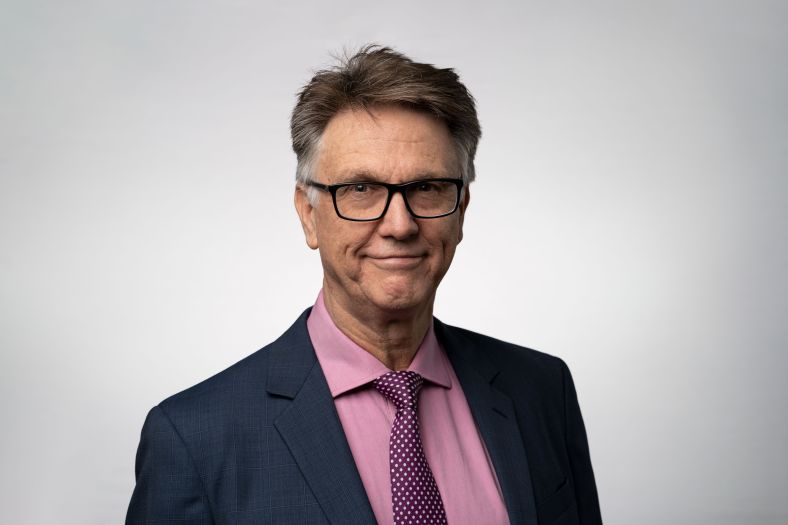The Wellbeing Budget shows the Government’s commitment to doing things differently to break the cycle of offending and keep communities safe, with a $128.3 million boost in mental health and addiction services for offenders, Corrections Minister Kelvin Davis said today.
The investment will enable more people to access better mental health and Alcohol and Other Drug (AOD) services both in prisons and the community.
“This expansion of services will help reduce reoffending by targeting some of the key drivers of crime and barriers to rehabilitation,” Kelvin Davis said.
“If we support people struggling with mental health or addiction issues, we make it easier for them to engage in education, employment and rehabilitation activities, and develop positive relationships with whānau and support networks. That means they can get their lives back on track. “
Once fully implemented, the expanded mental health services will support up to 2,310 additional offenders with mild to moderate mental health needs per year.
An increase in mental health clinicians from 38 to 63 will allow national coverage of services across prisons and community sites, and 15 new support workers will assist clinicians working with offenders in the community.
“We can’t expect to reduce reoffending and see fewer victims of crime if we don’t deal with the issues that landed people in prison or on a community sentence in the first place.
“This investment is an important step in helping offenders on to a better path, which is critical to ensuring the safety and wellbeing of all New Zealanders,” Kelvin Davis said.
This investment also includes:
- A family/whānau service for the family/whānau of offenders who need mental health services. Up to 275 families will be supported per year.
- Supported living accommodation for offenders with intensive mental health needs who are transitioning to the community. Up to 30 offenders will be supported in total each year.
- Expanded social worker and trauma counselling services to help offenders reconnect with their whānau/children, address personal trauma, and transition back into the community. Up to 800 prisoners will be supported each year.
- AOD treatment in prisons. Up to four additional treatment programmes will be established and the 11 existing programmes will be enhanced, enabling up to 204 participants to access treatment per year.
- Expanding AOD testing and harm reduction support interventions in the community will provide AOD tests and alcohol detection anklets to ensure they avoid drink driving.
- AOD aftercare support services. Offenders will be able to access the relapse support prevention they need. The number of Aftercare workers will increase to ensure prisoners who have completed AOD treatment programmes are supported to maintain their treatment gains both while in prison and on their return to the community.
- RecoverRing, an








